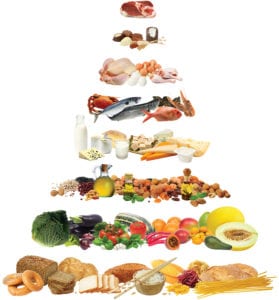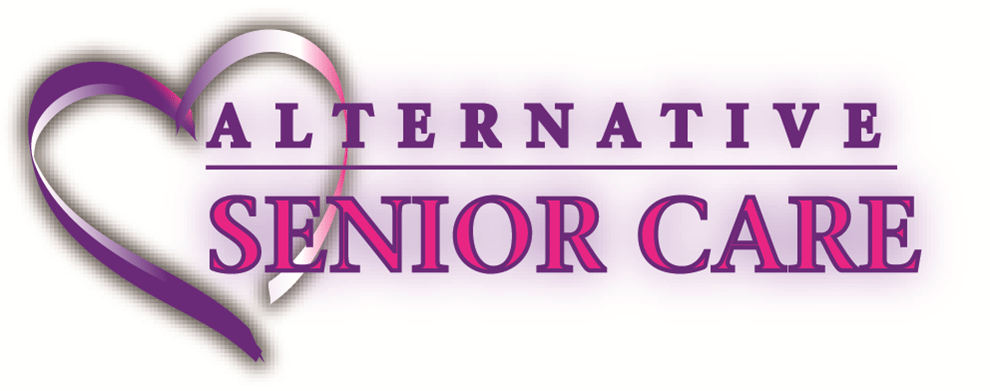How Easy Is It to Switch to the Mediterranean Diet?
Celebrate National Mediterranean Diet Month this May by taking a closer look at what makes this diet so appealing. Not only is it an easy diet to incorporate, but it’s also a diet that many doctors recommend.
The history of the Mediterranean Diet is hard to pinpoint. There’s evidence of Romans sticking to a diet of bread, wine, olive oil, garlic, and crops they grew in the warmer climate. Seafood was the protein of choice as it was easy to obtain. Harvesting, fishing, and simple cooking methods made the Mediterranean Diet so easy to follow and maintain.
Why Is It a Good Diet to Follow?

Elderly Care Osakis, MN: Mediterranean Diet and Seniors
The Mediterranean Diet isn’t as much a diet as it is a lifestyle choice. Instead of having processed, sugary foods, you stick to fresh seafood, vegetables, and whole grains. Eggs and dairy are limited. Wine is allowed. Beef is rarely eaten. Olive oil is used extensively.
The diet focuses on vegetables, no saturated fats, and seafood. Therefore, it’s better at preventing heart disease, high blood pressure, and high cholesterol. You get plenty of fiber, omega-3 fatty acids, and antioxidants on this diet.
What Foods Are Allowed on the Mediterranean Diet?
The most important part of the pyramid is daily activity and socialization. It urges joining others for meals and activities. Socialization is an important part of your health. Studies find that those who are social are less likely to be depressed and have stronger immune systems.
After social activities and physical activities, the important elements in the Mediterranean Diet are vegetables, whole grains, olive oil, beans/legumes, nuts/seeds, and herbs and spices. These are the items you want to incorporate in every meal with a lot of water throughout the day. A glass of red wine each day is also recommended.
Fish and seafood come next. Look for sources that are high in omega-3 fatty acids like sardines, salmon, and mackerel. The one thing you do want to keep in mind is the mercury content in the fish you eat. Try to stick to fish and shellfish that has a lower mercury content than others.
After fish and seafood are your dairy and poultry options. Eggs, cheese, yogurt, and chicken are meant to be eaten in moderation. Ideally, you want to have these foods every few days rather than every day.
Finally, sugary items and beef/pork/lamb/veal are eaten as little as possible. You’re saving these for a rare treat. They are not meant to be eaten every day or every few days. Once every few weeks is better. If you can avoid them completely, that’s best.
Your parents have a hard time cooking healthy meals, and their health is being impacted. Do you know how to change that? Hire an elderly care aide to help them follow the healthier Mediterranean Diet. Call an elderly care agency to talk about meal preparation services.
If you or an aging loved-one are considering Elderly Care in Osakis, MN, please contact the caring staff at Alternative Senior Care today. Providing Home Care in Central Minnesota and Surrounding Communities. Call us Today (320) 352-3350.
Sources:
https://www.ncbi.nlm.nih.gov/pmc/articles/PMC3684452/
- Meet two of the ladies who are really making a difference:Faith and Hannah - May 28, 2025
- Helping Seniors Manage Tinnitus - May 21, 2025
- Why Are ADLs and IADLs Significant for Seniors? - May 8, 2025


